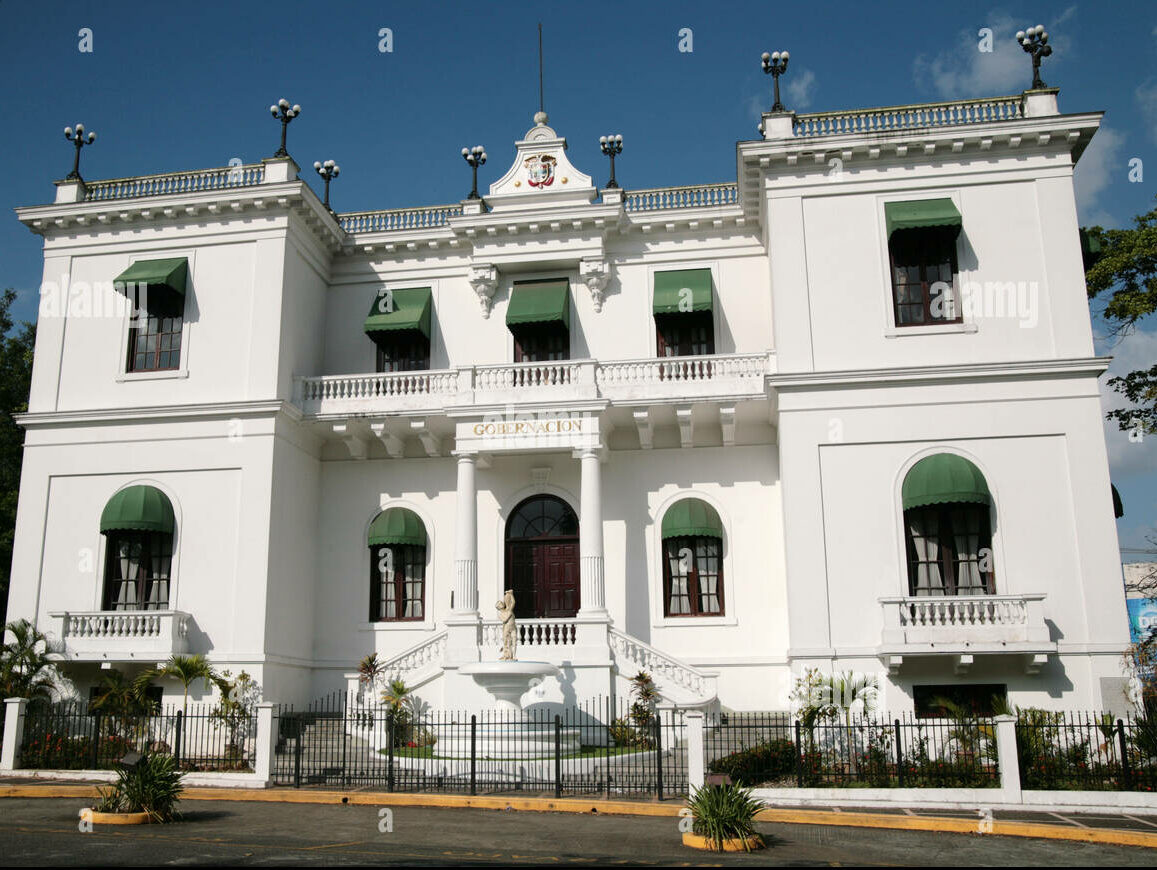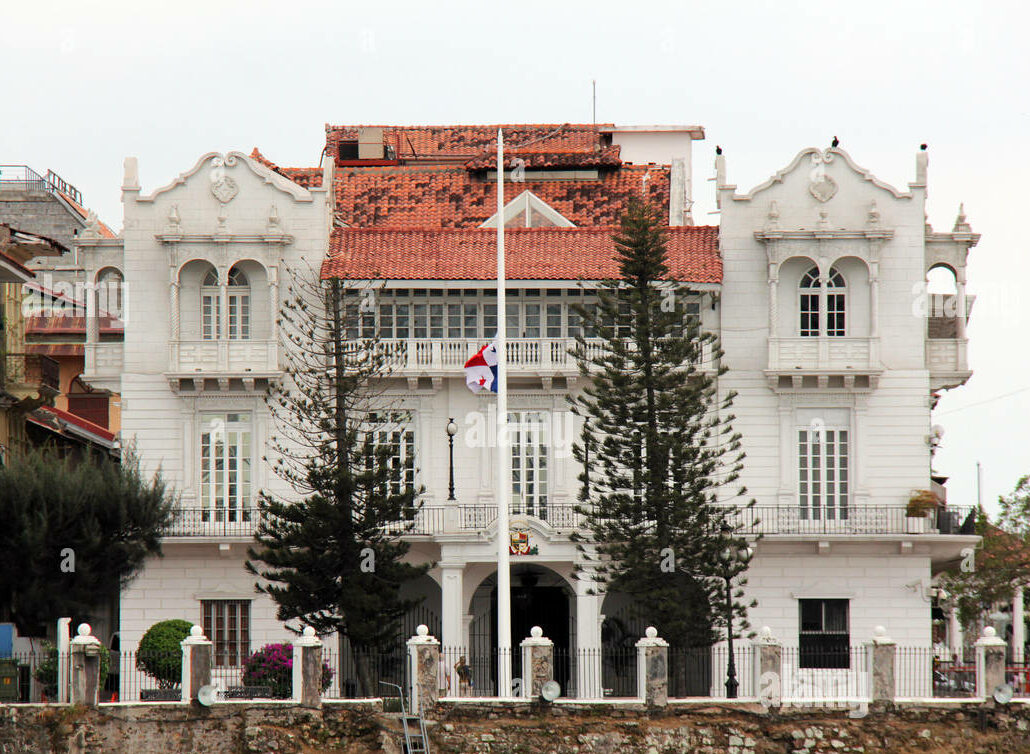


Panama’s politics take place in a framework of a presidential representative democratic republic. Executive power is exercised by the government. Legislative power is vested in both the government and the National Assembly. The judiciary is independent of the executive and the legislature. National elections are universal for all citizens 18 years and older. National elections for the executive and legislative branches take place every five years. Members of the judicial branch (justices) are appointed by the head of state. Panama’s National Assembly is elected by proportional representation in fixed electoral districts, so many smaller parties are represented.


The United States cooperates with the Panamanian government in promoting economic, political, security, and social development through US and international agencies. Cultural ties between the two countries are strong, and many Panamanians go to the United States for higher education and advanced training. The United States guarantees Panama independence and security due to the strategic importance of the PanamaCanal. An estimated 25,000 Americans living in Panama and over 200,000 Panamanians living in the USA and many more staying for higher education and advanced training.